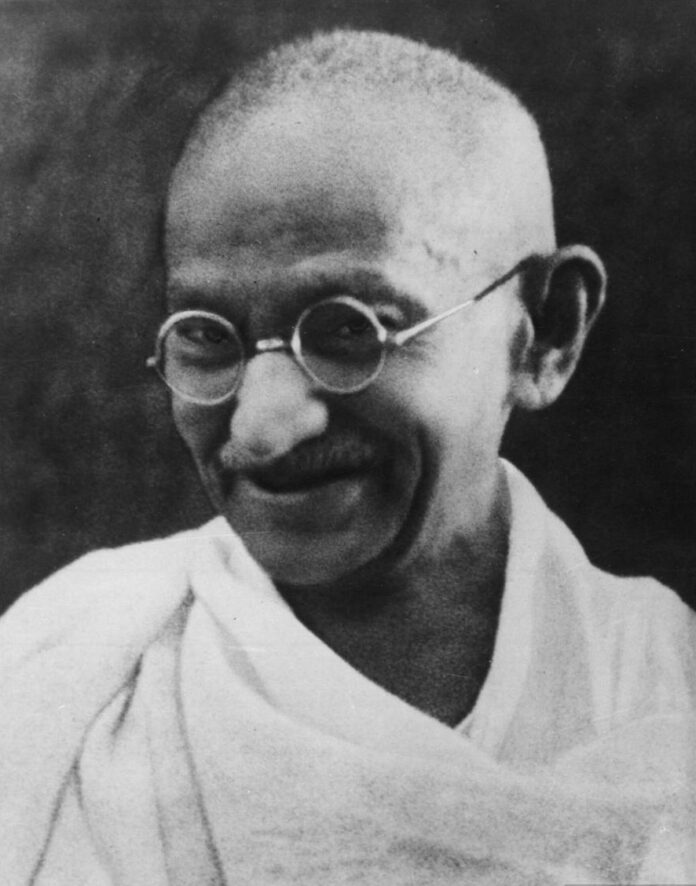
October 2 marked the International Day of Non-Violence, a day that commemorates the birth of Mahatma Gandhi (1869-1948) and re-verbalizes his teachings of non-violent activism. A journalist for Daily Good Morning Kashmir comments regarding this date, “The main cause of worry today is intolerance and hatred leading to violence.”
The current Indian government is basking in the warmth of the International Day of Non-Violence. With the good reputation this day has afforded India, they have been able to kill hundreds of thousands of Muslims in Kashmir since 1947. 250,000 were massacred after the British left, according to the former President of Azad Kashmir, Sardar Masoon Khan – Azad means free and is the part of Kashmir which is attached to Pakistan. Khan said that since that time, a half million Kashmiris have been killed or maimed.
Although it’s been some 60 years since a UN resolution granted Kashmir the right to self-determination, Kashmir has struggled with India since that time to recognize that right. In 2019, India completely took over the area, in a bid to exploit its tourism and development potential. Then Prime Minister Narendra Modi hosted the world in Srinagar for the G20.
TheWire.in notes: “While the focus of this crucial event [the recent G20] was to showcase the tourism of Kashmir, the larger motive was also to highlight the return of ‘normalcy’ in the region… The government pulled it off, many believe, because of its adoption of a flurry of strong-arm methods, and it is [sic] time to send out a ‘normalcy message’ around the world by organising this high-profile event.”
“Strong-arm” meaning more detentions, house arrests and killings.
Pakistan’s envoy to the United Nations, Munir Akram. says the Indian government has, since 2019, “perpetrated a vicious campaign of repressive actions, including extrajudicial killings of innocent Kashmiris in fake encounters; custodial killings and ‘cordon-and-search’ operations; use of pellet guns to kill, maim and blind peaceful protestors; abduction[s] and enforced disappearances; and ‘collective punishments’”.
Perhaps in anticipation of a heightened police state in Kashmir before and after the G20 in May of this year, rights groups demanded an immediate end to the crackdown on Kashmiri human rights. The United Nations human rights council issued a statement that noted “grave concerns regarding the Unlawful Activities (Prevention) Act, which allows the designation of any individual as a ʽterroristʼ, bypassing the requirement to establish membership or association with banned groups. The Act is applied as a means of coercion against civil society, the media, and human rights defenders in Indian-administered Jammu and Kashmir.”
Amnesty international issued its own similar statement during the lead-up to the G20 held in Dehli in September.
According to Akram, “The picture that the Indian government tries to paint — of normalcy and development in occupied Jammu and Kashmir — is a myth.”
Perhaps a non-violent Indian government is a bigger one.
Noora Ahmed





